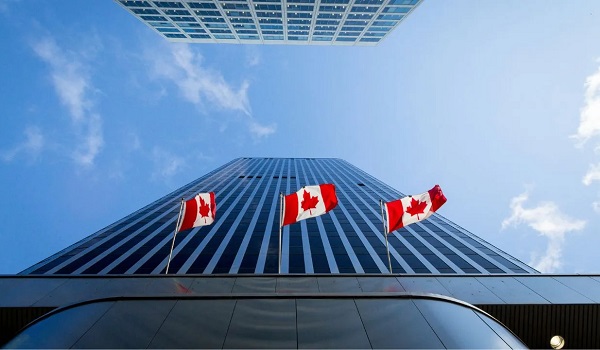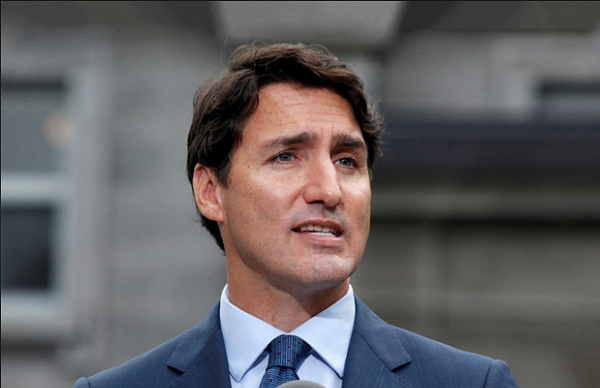Feds faces calls to scrap rule allowing migrants crossing border clandestinely to claim asylum after two weeks
The federal government faced calls Friday to scrap a rule that allows migrants entering Canada clandestinely to claim asylum if they evade the authorities for two weeks, with opposition MPs saying asylum claims should be restricted to official ports of entry.
Bloc Québécois MPs plan to challenge the government in the House of Commons on Monday, citing a Canada Border Services Agency intelligence document obtained by The Globe and Mail that warned the immigration department last year of a big rise in clandestine crossings both north and south of the Canada-U.S. border.
The intelligence briefing says smugglers are charging up to $45,000 to sneak people across the border, including using routes into B.C. and Quebec, with thousands then making asylum claims.
People fleeing unsafe homelands are entitled to claim asylum in Canada, but under the Safe Third Country Agreement with the U.S., they are usually sent back to the U.S. at regular border crossings. Those who manage to cross clandestinely can claim asylum after 14 days in the country and have their cases heard.
Bloc immigration critic Alexis Brunelle-Duceppe and public safety critic Kristina Michaud issued a joint statement on Friday, calling on the government to act swiftly to end the 14-day rule. They cited the intelligence document that said “clandestine entry into Canada has grown exponentially” since the closing of the irregular Roxham Road border crossing in Quebec last year.
Mr. Brunelle-Duceppe said allowing people to claim asylum if they manage to hide from the authorities for two weeks “makes a mockery of the aim to have a watertight and secure border.”
Ms. Michaud said the document showed that smugglers were profiting from the situation and vulnerable people were being exploited.
Opposition politicians and provincial premiers have raised fears about an influx of migrants to Canada from the U.S. after president-elect Donald Trump threatened to deport about 11 million people living there illegally.
“At a minimum, the 14-day rule should be suspended temporarily until we know what we are dealing with,” said immigration lawyer Richard Kurland, who obtained the border agency’s intelligence document through an access to information request.
Under the Safe Third Country Agreement between Canada and the U.S., asylum-seekers must make their claim in the first country in which they arrive. In March last year, the two countries restricted the agreement, ending the ability to claim asylum after crossing at Roxham Road.
Both Canada and the U.S. can terminate the agreement with six months’ notice, and they can also negotiate changes. Immigration lawyer David Matas said “the agreement could be extended by removing the possibility of staying in Canada if one enters Canada illegally and remains hidden for 14 days or more.
“That would be even more effective in discouraging traversal of the U.S. than the present form of the agreement.”
Canada does not return people to the United States if they have been charged with an offence that could subject them to the death penalty.
Warda Shazadi Meighen, a lawyer at Landings LLP, said Canada would have the power to enact additional public-interest exemptions to help people facing persecution if they were returned to the United States.
“One can imagine a scenario where women fleeing gender-based violence, and individuals facing LGBTQ+ persecution, for example, would not get adequate protection under certain administrations in the United States,” she said.
This article was first reported by The Globe and Mail













